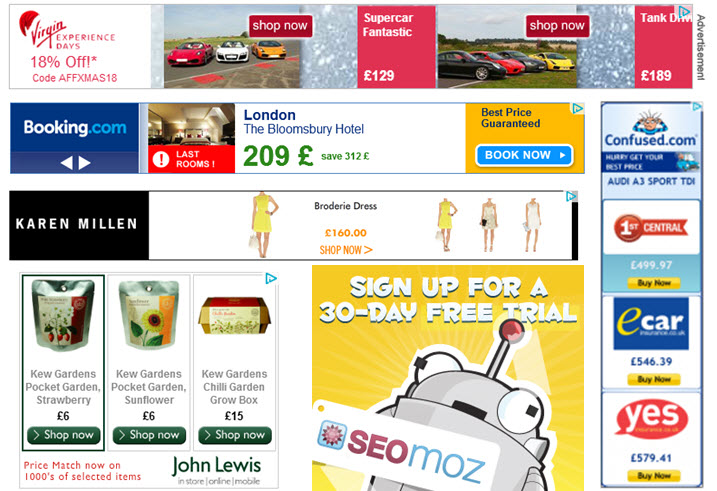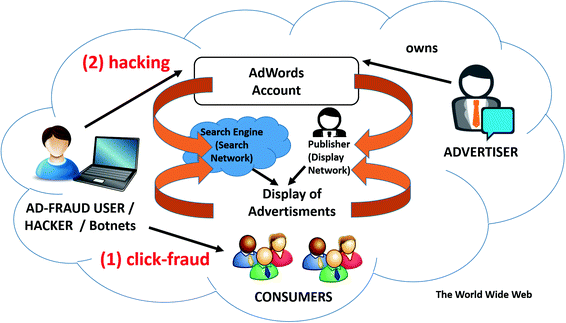
People are increasingly looking for ways to start small businesses as the economy gets more difficult. Leasing equipment, hiring an accountant skilled in cost-cutting, and other options are just a few of the many ideas. The nature of your business and your personal needs will determine which approach you choose. Launching a small company requires significant effort and perseverance.
Starting a small business in a tough economy
It can be hard to start a business, but a difficult economy is not necessarily bad. Entrepreneurs are more likely to invest in their businesses during a positive economic environment than they are during a downturn. However, this is not always the case. While the recession has already hurt us all, many companies have had to reduce staff and spend more. However, that doesn't mean that it is impossible to start your own small business. In fact, certain industries are better placed to weather tough economic times than others.

How to get financing for your small business
Before you apply for funding for your small business, it is important to understand what type of financing you require. You may need to submit financial statements and legal documents, depending on the type of financing you are applying for. You may also need to provide collateral, which gives the lender the right to sell if your business doesn't go as planned. Here are some ways to get small business financing. These are the major sources of funding.
Business planning
Entrepreneurs are often eager to start their own businesses. You are certain that your product or service is needed by the world. Next, you will think about ways to make your product/service more attractive to customers. To be successful, it is essential to research the market and prepare a business plan. But a niche market may not be the same size as the market you want to target. This is because a product market with few customers might have a bigger market than one with many users.
Choosing a business structure
The legal structure of your business is one of the most crucial decisions you'll make when starting a business. The right structure will make a difference in your business' success. Here are some factors to be aware of before you register your new company. Understanding the differences between business structures is important in order to make the best possible decision.

Picking the right business location
When starting a small business, it is essential to carefully plan your choice of a business location. Not only do you need to consider the physical location but also taxation. There are different rates of tax in each state, so you'll need to register your company in that particular state. The location of potential customers, business partners, government agencies, and other factors must be considered. The location of your potential market, business partners and other government agencies can have an impact on startup costs depending on your industry.
FAQ
Do I need to register my domain name before building my website?
Yes. Before you launch your website, it is necessary to register your domain.
Domain names typically cost $9 per year. To give an example, a domain name that is dot.com will cost about $9 per year.
What will it take to make money online by 2022?
Many people have started working remotely because of the coronavirus virus pandemic. This can allow you to have more control over your life and reduce commute time. However, many jobs still require physical presence. Here are some ways you can make money online if your goal is to be your boss.
1. Sell your products
2. Become an Affiliate Marketer
3. Start a blog
4. Offer freelance services
5. Create digital designs
6. Write articles
Affiliate marketing is a full-time career?
Affiliate marketing is a popular online business model. This allows those who are looking to make money at home to receive commissions and not need to invest. There are many opportunities to become an associate marketer. You can start your own website, join an existing program, or promote someone else's product. The best way to get started is to find a product you like and see if an affiliate program is associated with it. If not, you can still set up your affiliate program.
Choose a niche. This is the first step. This means that you should pick something that you are passionate and enjoy discussing. Once you have selected a niche you will need to research. Learn about the available products and what their costs are. Check out their sales funnel to know which steps you need to take to sell them. Next, choose a few products that you would like to promote. After you've chosen your products, you can build a website.
The software you use will track the time and duration of visits to your website. This will allow you to determine how much you should charge per visitor. Most programs offer two options: a fixed price (where you only get paid once regardless of how many people visit) or a percentage of revenue (where you get paid every time someone purchases anything).
Once you have built up your audience, you can promote yourself. The best way to do this is via social media sites, such as Facebook Twitter LinkedIn YouTube YouTube Pinterest. You should ensure that you are sharing valuable content to assist people with their jobs. For example, if you're promoting a course, talk about why it's great and its benefits.
Affiliate marketing could be perfect for you if you're looking for a side hustle. It's not necessary to invest thousands in a new blog or learning code.
Statistics
- Some 70% of consumers say SMS is a good way for businesses to get their attention. (shopify.com)
- One of the most well known sites is the Amazon affiliate program, Amazon Associates , which boasts the largest market share of affiliate networks (46.15%). (bigcommerce.com)
- Backlinko found that the #1 organic result is 10 times more likely to receive a click compared to a page in spot #10. (shopify.com)
- BigCommerce affiliate program , you receive a 200% bounty per referral and $1,500 per Enterprise referral, with no cap on commissions. (bigcommerce.com)
- According to the Baymard Institute, 69.82% of shopping carts are abandoned. (shopify.com)
External Links
How To
There are pros and cons to affiliate marketing
Affiliate marketing refers to performance-based advertising where affiliates get compensation from advertisers when they bring traffic to their sites. PPC (pay-per click) is the most popular method of affiliate marketing. Other forms of marketing include cost/per-action (CPA), CPL (cost per lead), and CPS (cost per sale).
Affiliates do not require any sales or marketing knowledge. They simply need a website with some promotional material. However, affiliate marketing also has many drawbacks. To make money, you need to have many visitors to your website. Your site will also require you to dedicate time creating content and promoting it. It is also difficult to establish and maintain affiliate programs. This means that new affiliates usually start small before growing into full-time businesses.
Pros:
-
It's simple to get started without any upfront investment.
-
No commitment of any kind.
-
Low risk.
-
Easy to scale.
-
Can be used by beginners.
-
You don't need to know the business model.
-
You can use it to build a passive income stream.
-
There's no need to fret about customer support.
-
You can create a flexible schedule.
-
You can work from anywhere.
Cons:
-
It takes time to grow.
-
It may be difficult for you to compete with larger companies.
-
It takes patience.
-
It is not right for all.
-
It is impossible to control the quality of products that you promote.
-
It is difficult for you to measure your results.
-
It can get expensive to run if you don't know what you're doing
Affiliate marketing is a great method to make online money. Affiliate marketing is one of easiest ways to get started in online entrepreneurship. But it requires dedication and a lot of work to succeed. These posts provide more information about affiliate marketing.